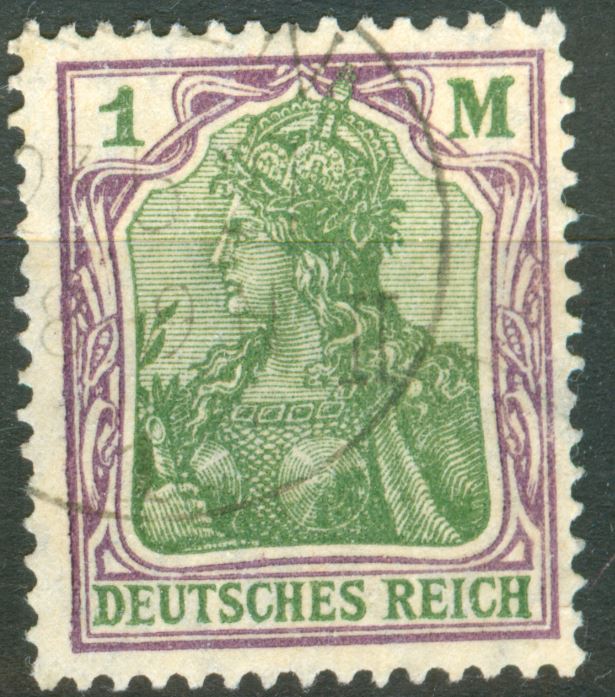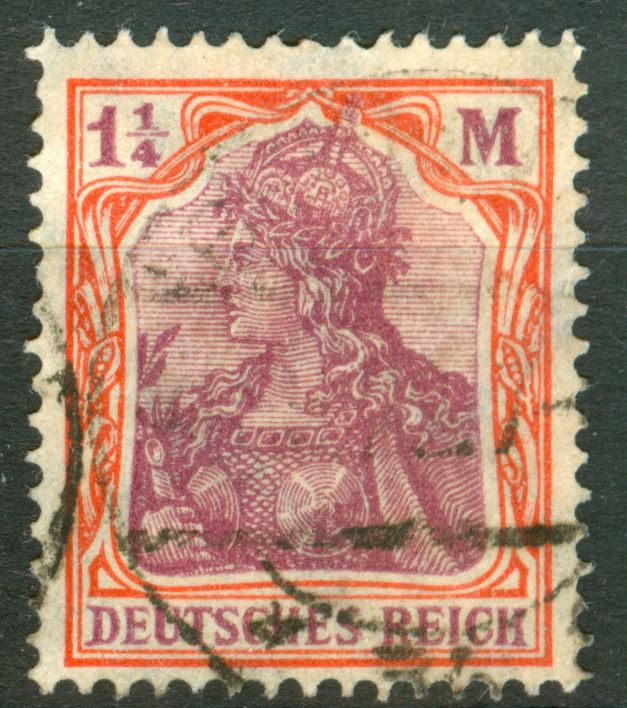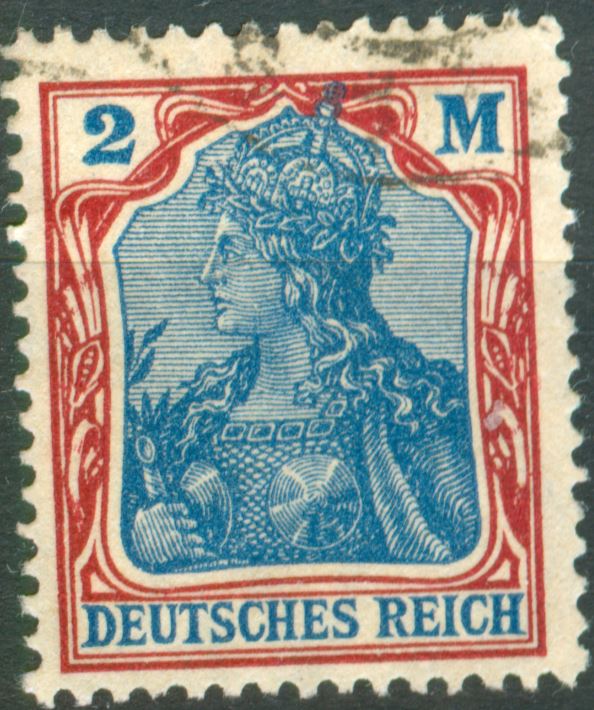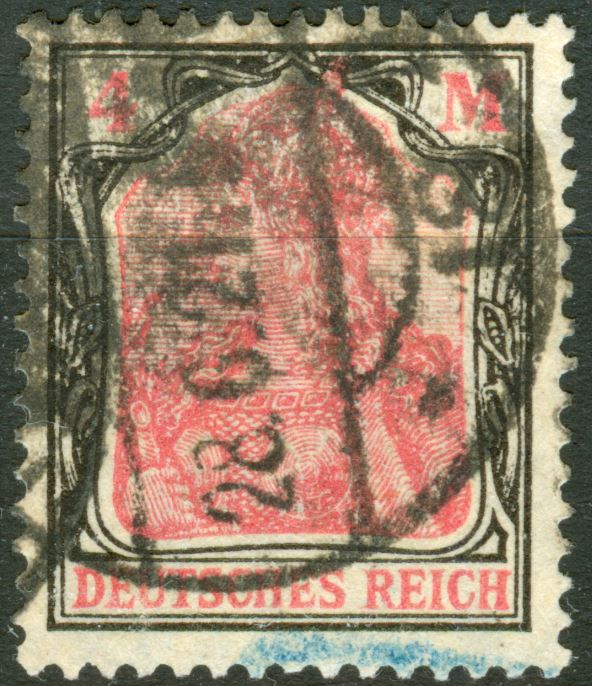Why did they need an extra "cage"for the values 2,3 and 5?

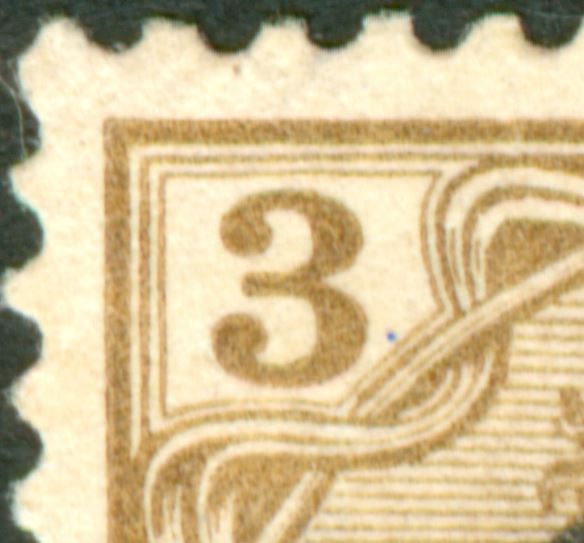
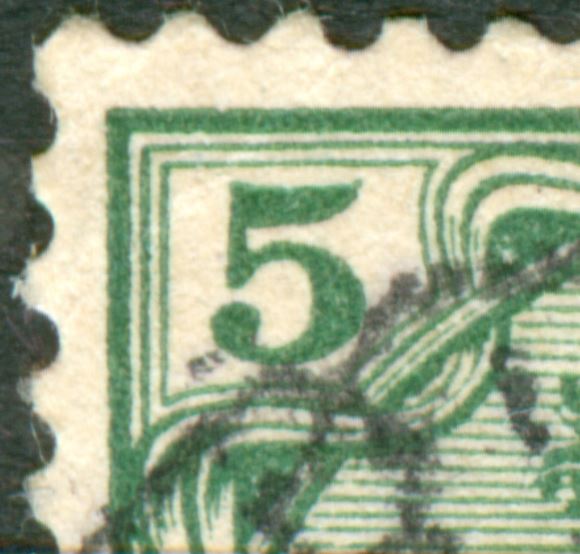
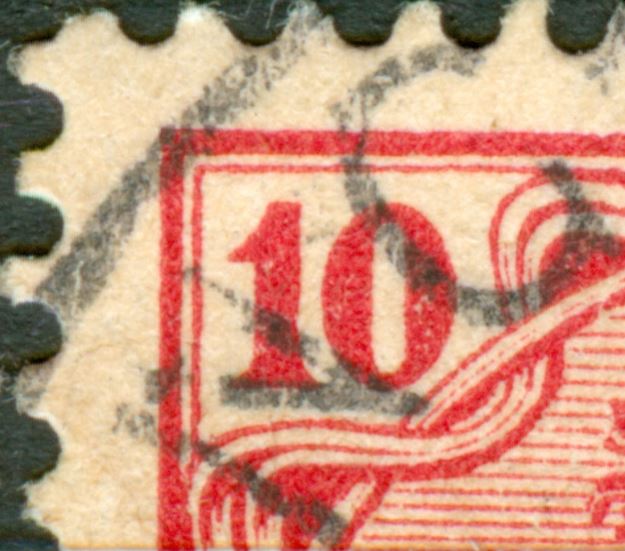
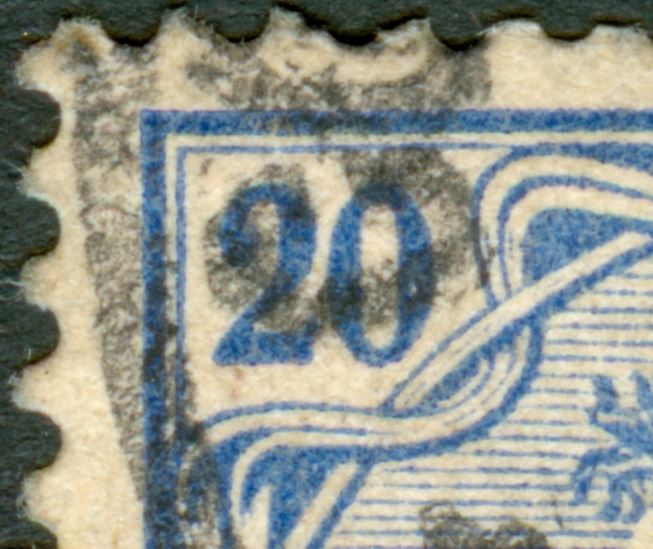
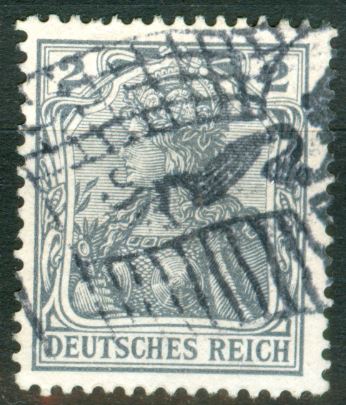
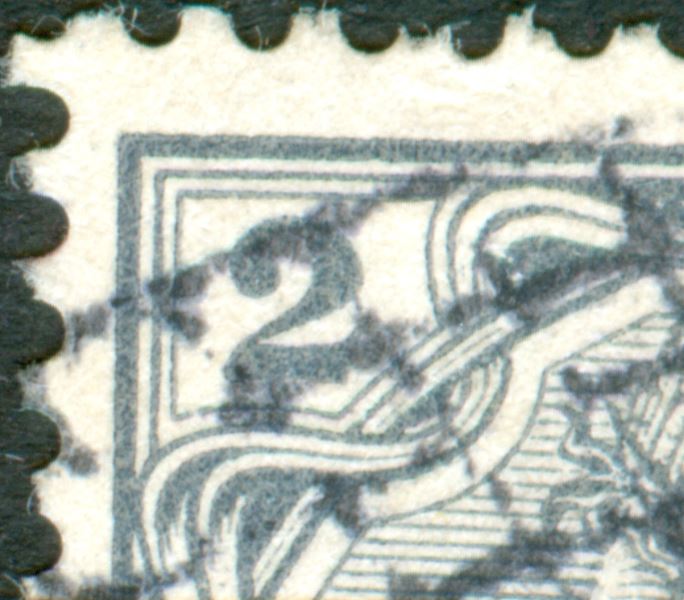
to be continued .... ...
Moderador: Rein










Matías,Matías escribió:Very interesting Rein, he had never noticed.
Regards.
Matías
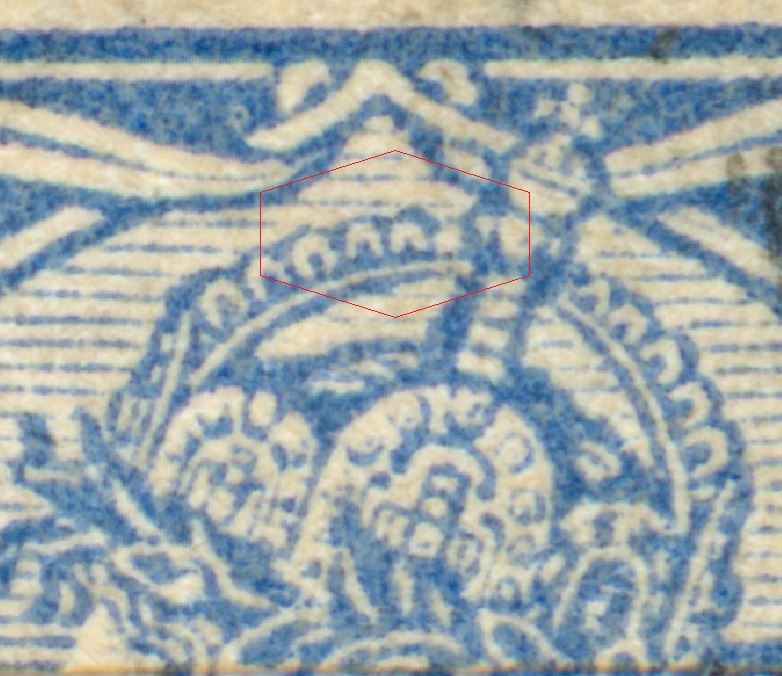
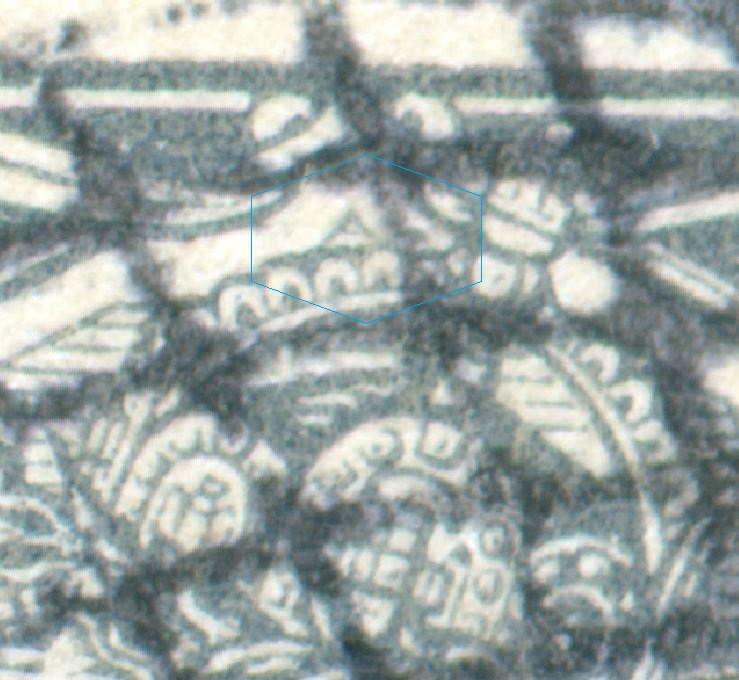

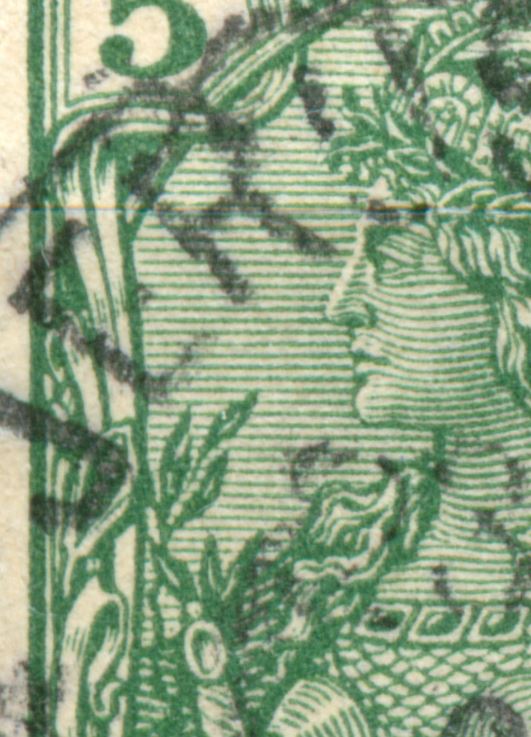
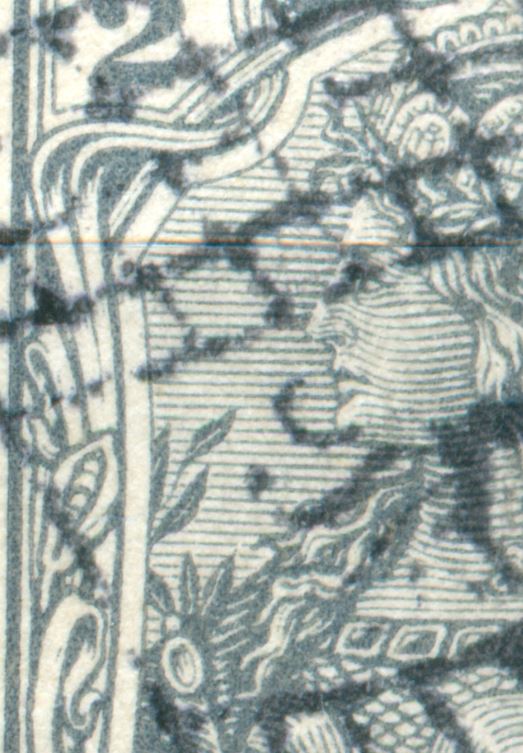

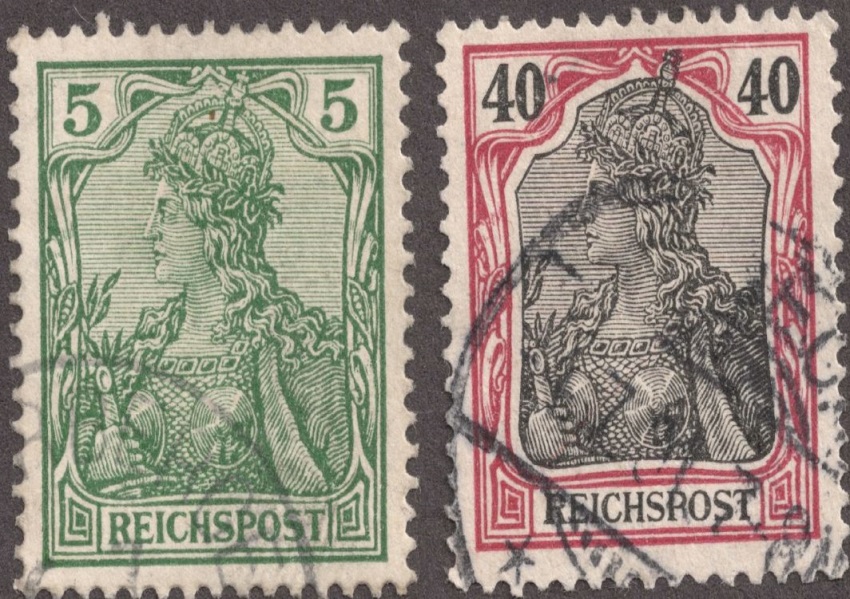

It does not tell you about the extra frame for the 2, 3 and 5pf!Um die Druckformen herzustellen wurde der Originalentwurf, der noch keine Wertziffern enthielt, auf photographischen Weg verkleinert und in Stahl gestochen. Von diesem Urstempel wurden dann mit den entsprechenden Typen der Wertziffern versehene Arbeitsstempel angefertigt. Von diesen Arbeitsstempeln wurden über Zwischenschritte ein Klischeeblock von 25 (5x5) Markenklischees zusammengestellt. Von diesen Urklischees wurde galvanisch die eigentlichen Druckgalvanos hergestellt und durch vernickeln oder verstählen widerstandsfähiger gemacht. Vier dieser Druckgalvanos wurden dann zu einem Schalterbogen von hundert Marken zusammengesetzt.



